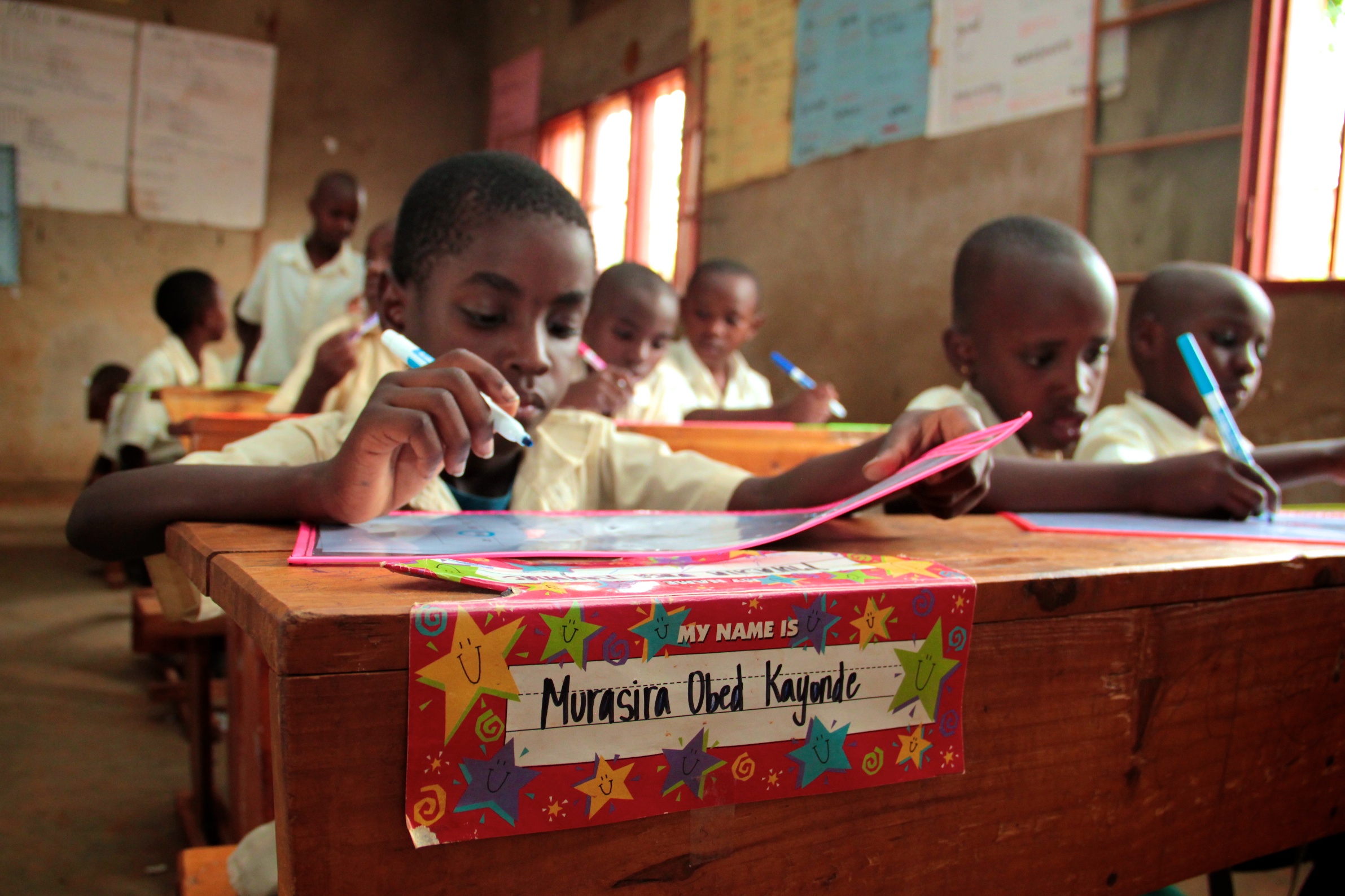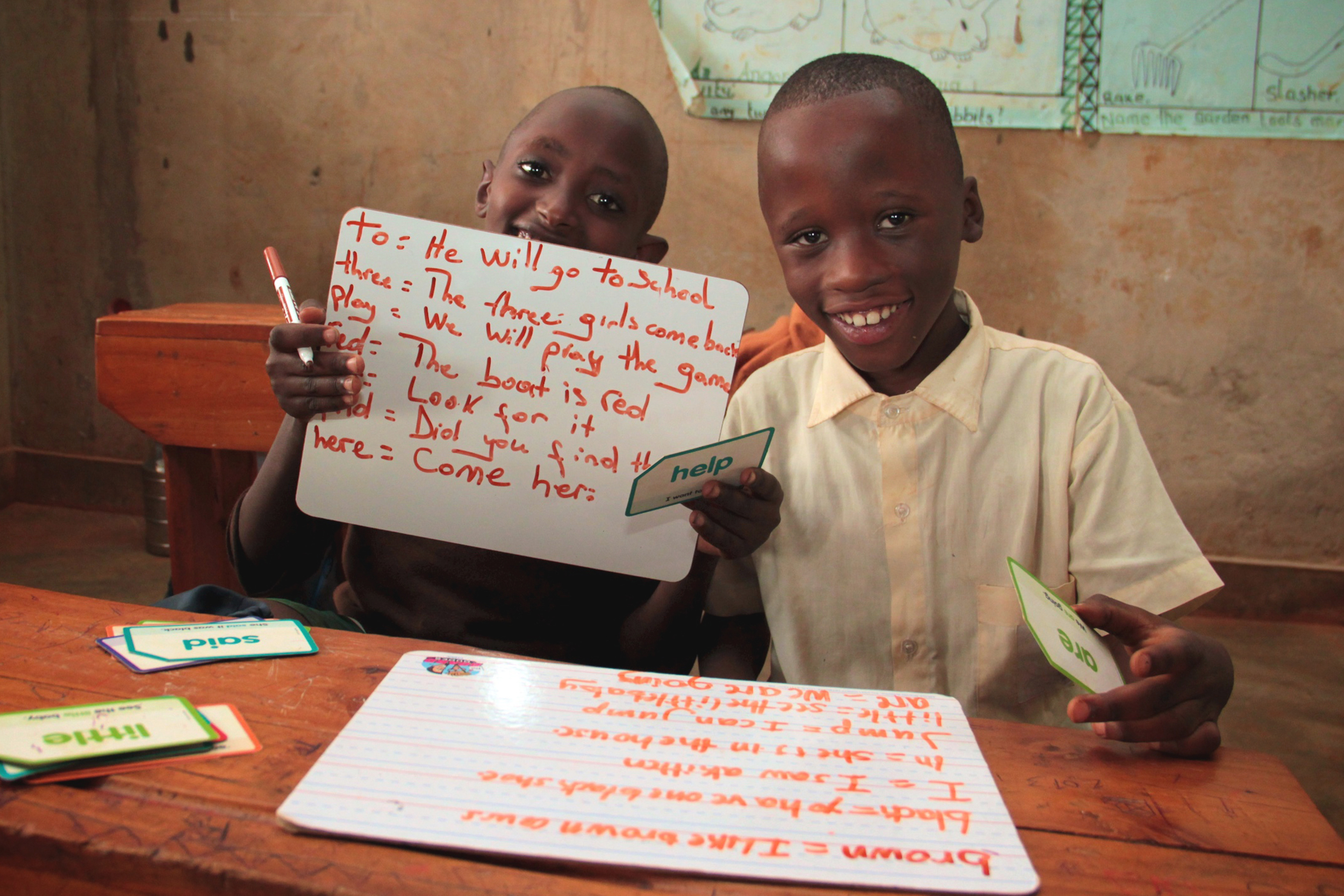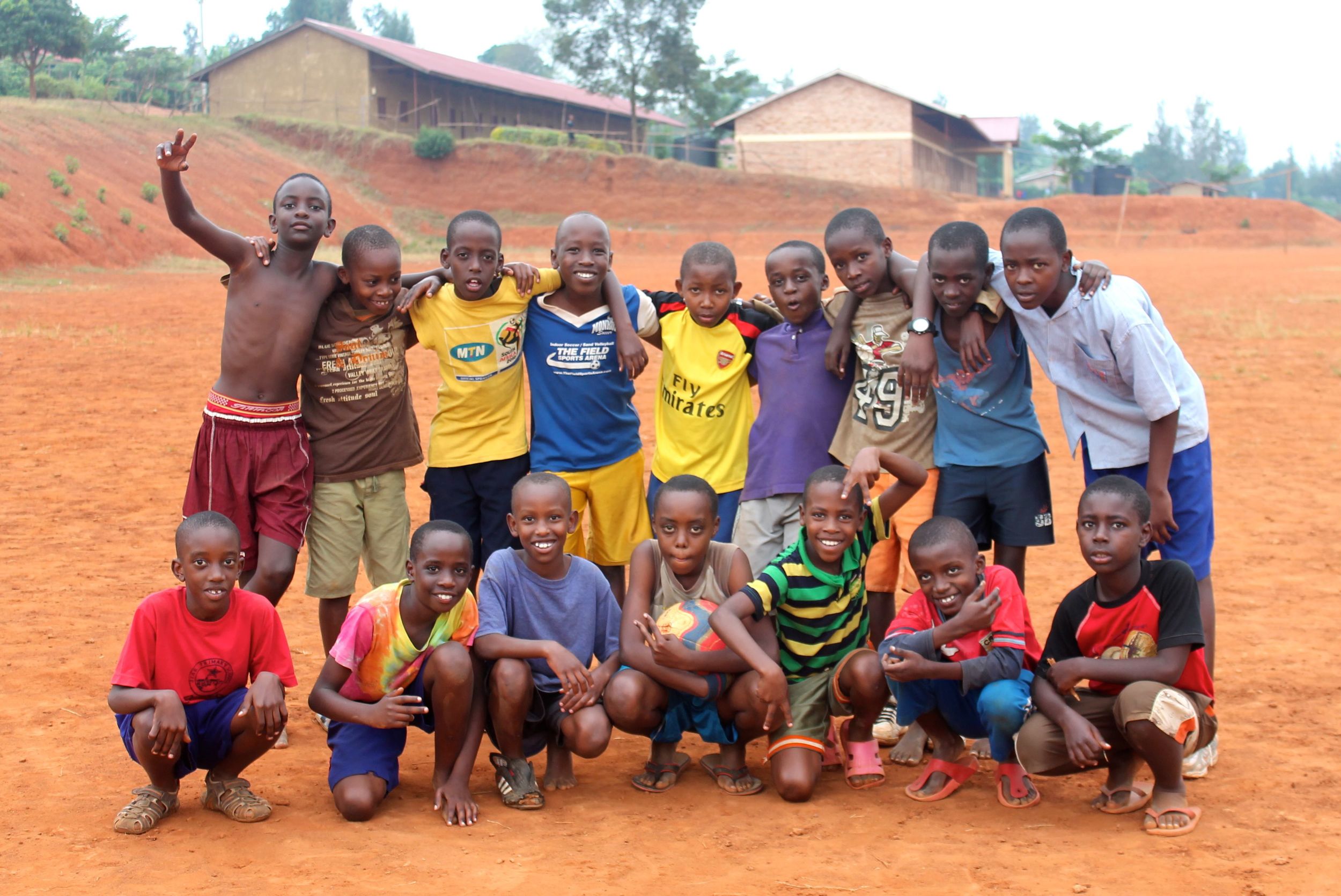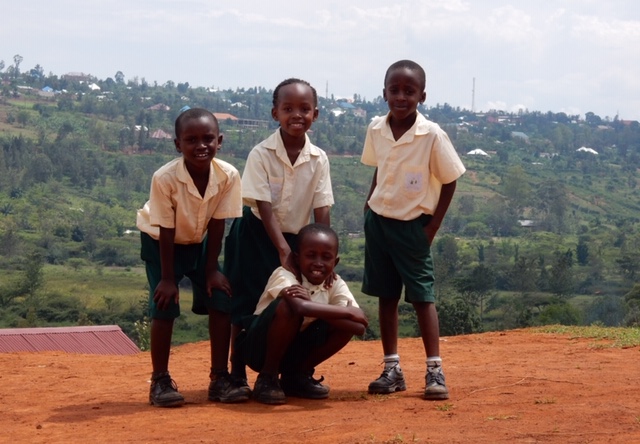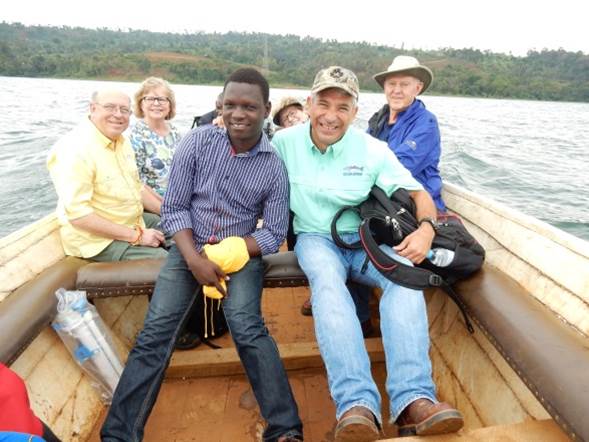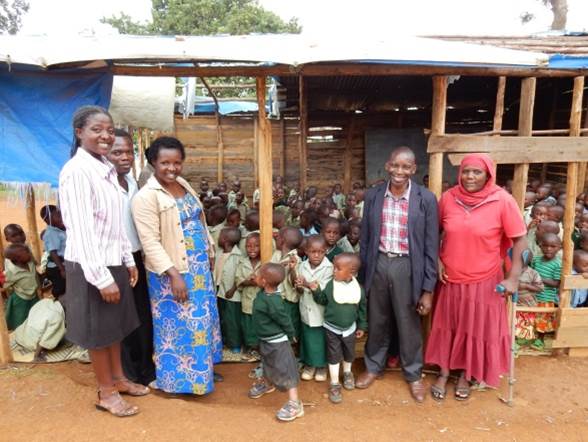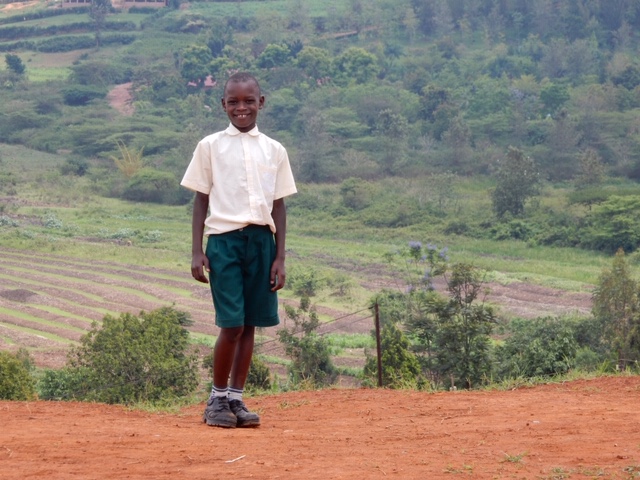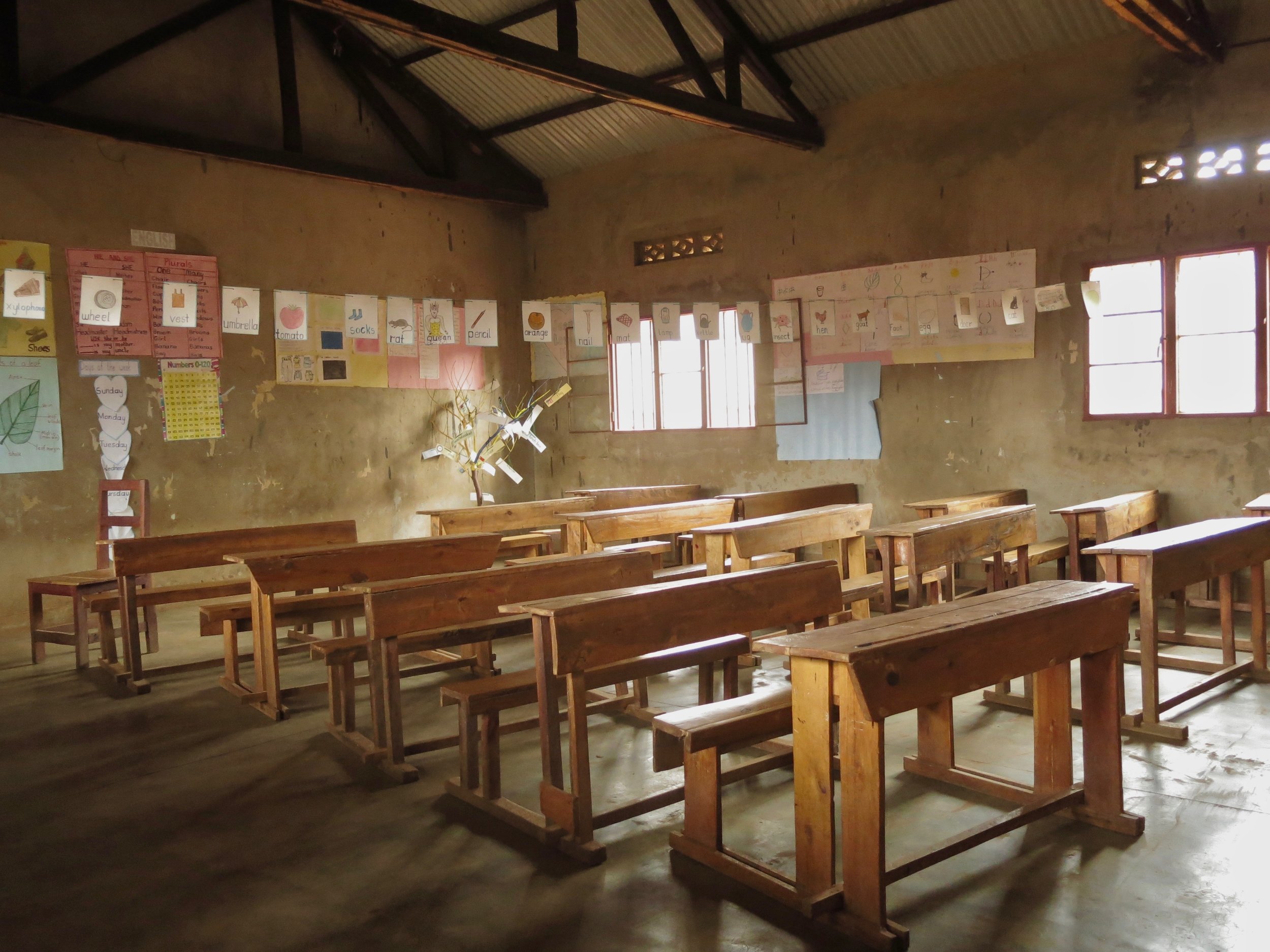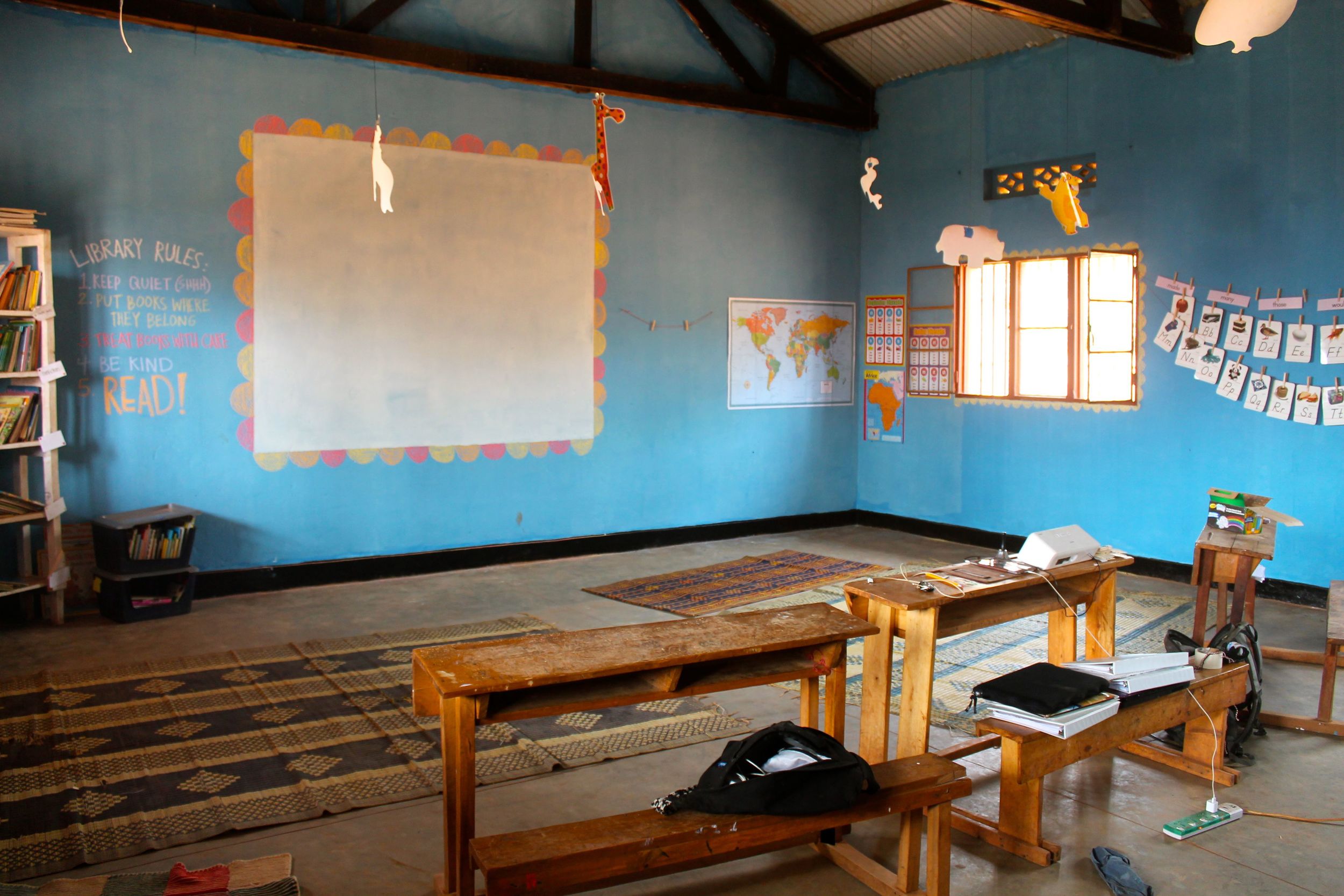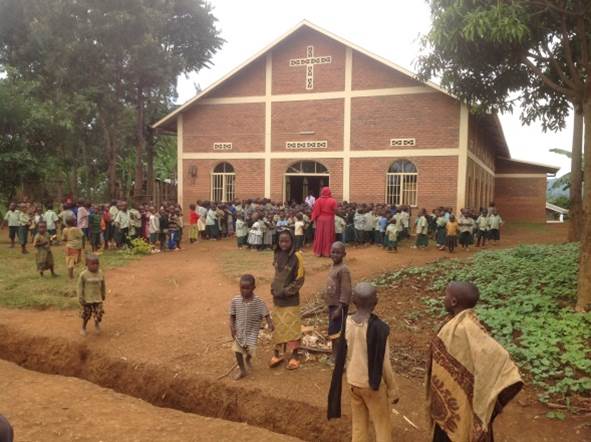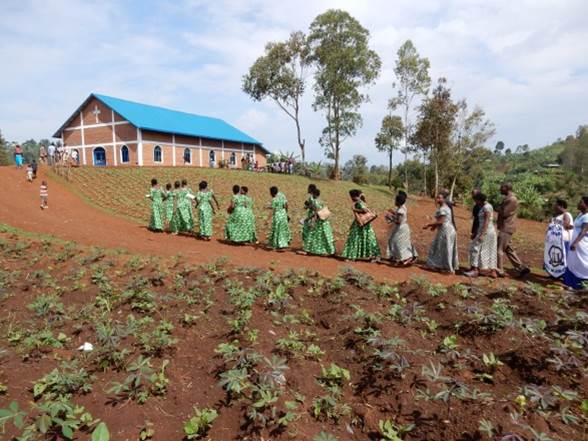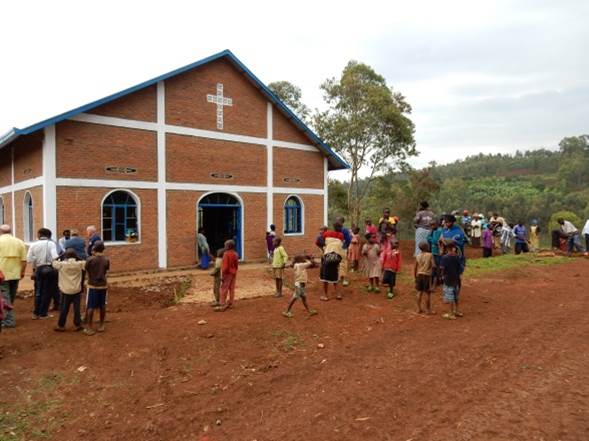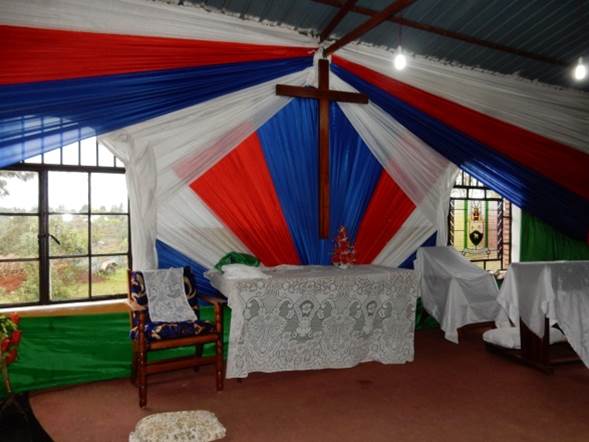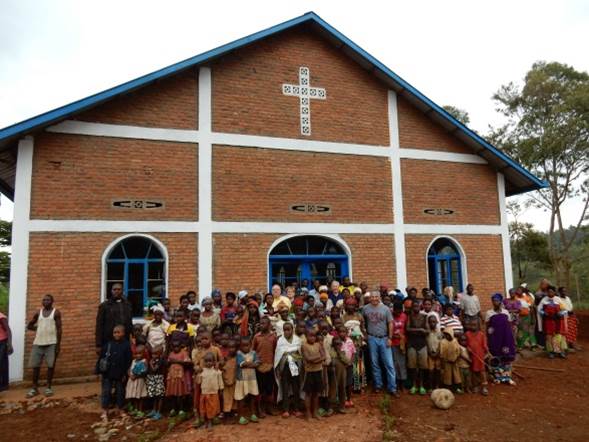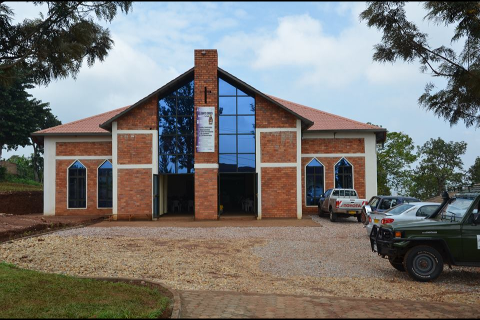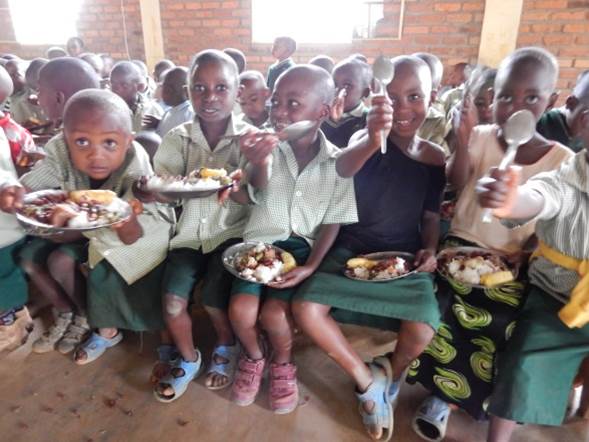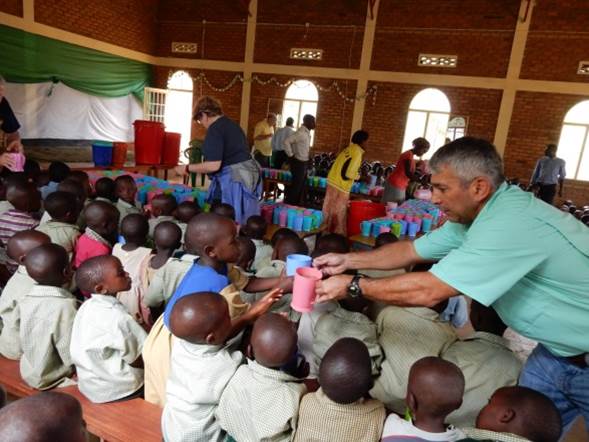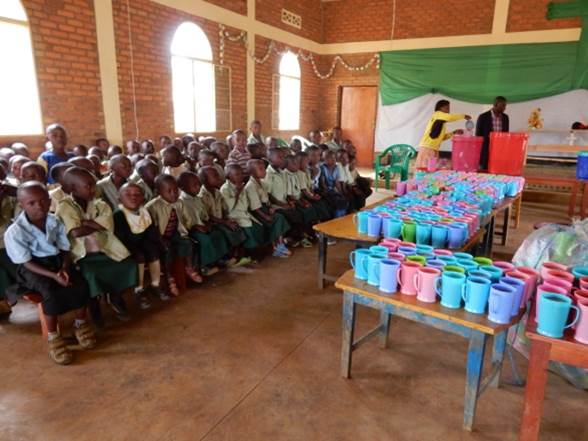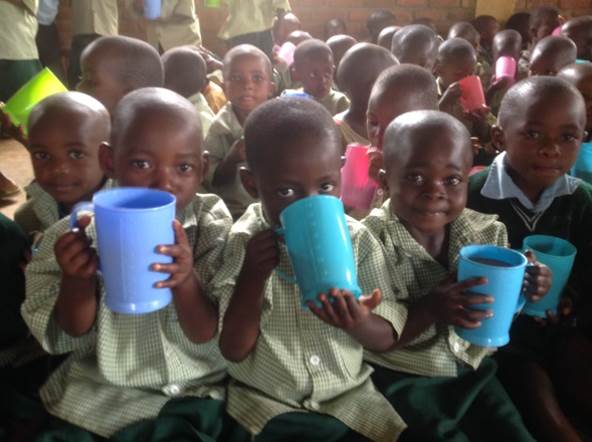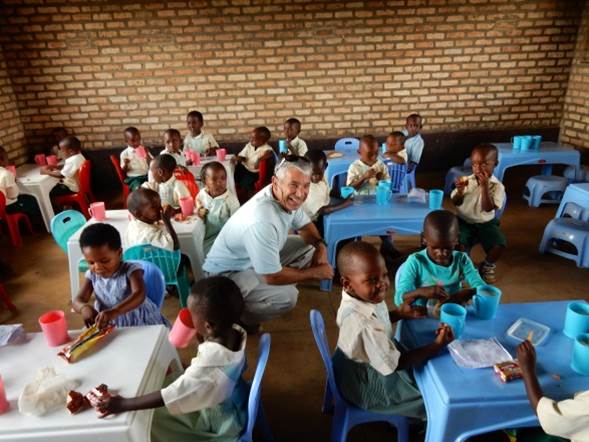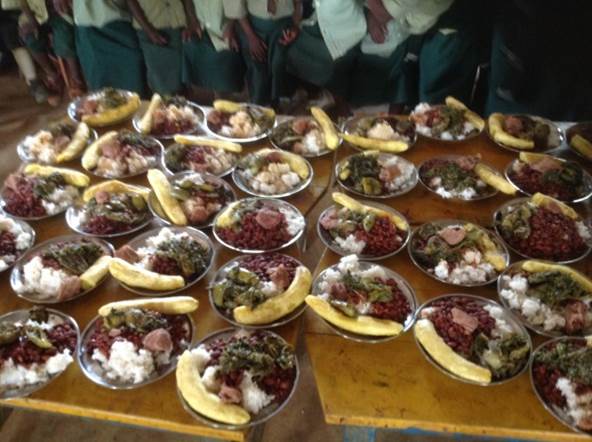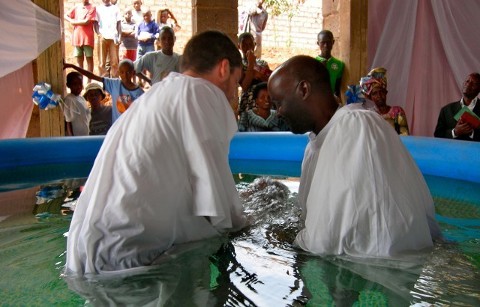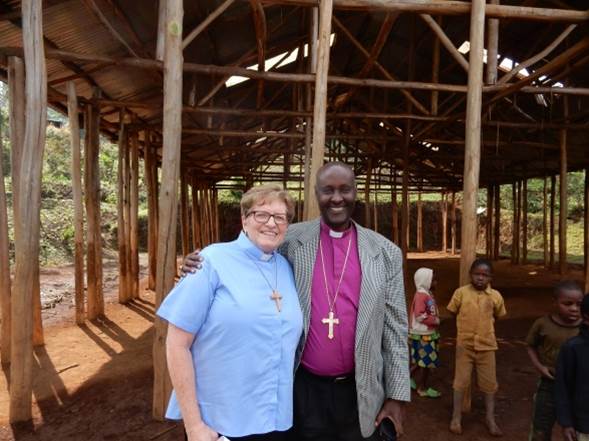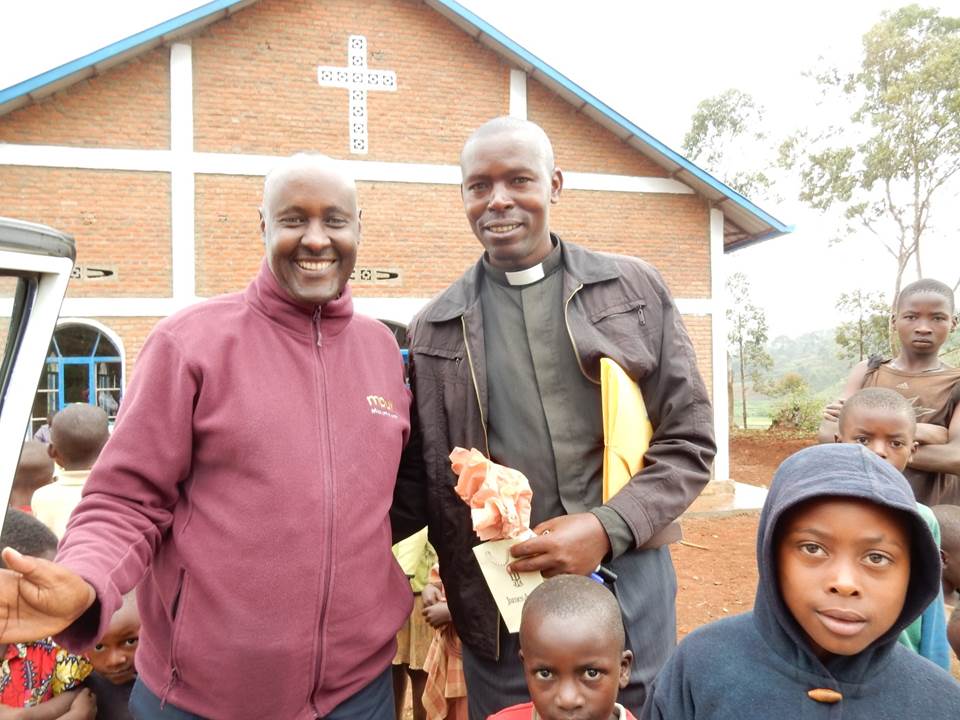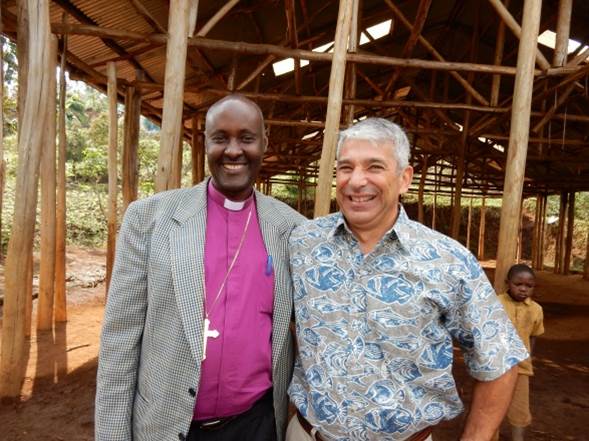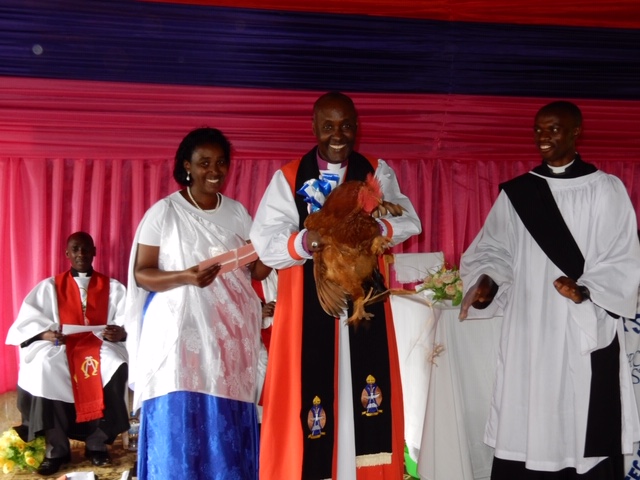Programs
THE STAR SCHOOL
Star School is a Christian school valuing academic excellence, discipline and human dignity.
Bishop Nathan Amooti, the founder said, “I look to Star School to be a training ground for future leaders of our country. For giving children great values: excellence in academics, discipline, and valuing life, children who understand the sacredness of life. In doing that, it will help avoid another genocide.”
The school aims to inspire students to seek education and live lives of integrity and purpose. It accepts fee-paying students, but about half the school’s population is on scholarship. The goal is to build a school in which students can succeed regardless of the circumstances into which they were born.
Star School has a nursery, primary, and secondary school. There are dormitories on campus for students who board at school, as well as a library, computer room, farm, greenhouse, and science laboratory. There is a soccer field, volleyball court, basketball court and music and dance clubs after-school, so students can practice their God-given abilities.
There are 62 staff members, including teachers, administrators and both a nurse and a pastor to help care for the physical and spiritual wellness of the students.
A large majority of children at Star School are coming from families that are at-risk. Our school has orphans, former street boys, children of former prostitutes and street beggars and families who are barely getting by. There are children of missing parents or of parents who are unable to pay the school fees.
We work hard to give students scholarships that allow them an opportunity to experience life change. One such student captures the heart of what a scholarship means: "Today I am thankful, because today, I am alive." Esther Treasure, Primary Four. Education at Star School is more than just classroom learning - it is a chance to live and experience life to the fullest!
There are currently 835 children attending Star School and about 269 who are there because of sponsorship. There are 114 children in nursery school, 414 children in primary and 307 in the secondary school. There are 25 primary school children who board and 114 secondary students. Most boarders are orphans who are sponsored by different organizations.
Church Building
In Rwanda, the church is more than a place of worship—it’s the heartbeat of the community. It fuels education, literacy, agricultural innovation, and economic opportunity, especially for female-led households. Rwanda Shines is dedicated to building these life-changing centers across southwest Rwanda, and you can be part of this transformation.
Your donation—whether it’s a single brick, a window, a roof, or an entire church—brings hope, opportunity, and lasting impact. When you partner with Rwanda Shines, you’re not just constructing a building—you’re creating a hub for learning, growth, and empowerment that will uplift generations to come.
Health & Wellness
Rwanda is making incredible progress in health and wellness, but the need remains urgent. With just one doctor for every 55,000 people, too many families are left without care. Rwanda Shines is changing that—bringing life-saving support where it’s needed most.
Through clean water initiatives, hygiene education, disease prevention, family planning, and AIDS testing and treatment, our donors are not just giving aid—they’re giving life. Together with our Rwandan partners, we support the Cyangugu Hill Clinic, the Gihundwe Clinic, the Nkombo Island Clinic, and we stand ready to launch a hospital in Bugarama as soon as funding allows.
Once you’ve seen a child scoop her drinking water from a stagnant roadside pool, you understand why this work matters. You feel the urgency. And you know that with your help, we can change that reality—one life at a time.
Preaching & Evangelism
Nothing can change a life so completely like an experience with Jesus Christ. Rwanda Shines operates under the leadership of Jesus Christ and is committed to making sure good news is shared with the people of Rwanda in both word and action. Our founder, Nathan Amooti's life is a testimony to the ability of God to change our lives completely when we respond to his gracious invitation to allow Jesus Christ to be our Savior and Lord. Nathan was the son of a cattle keeper in western Uganda. He grew up in a thatch hut in rural Africa. Today, he is an innovative world leader with ministry connections on multiple continents. Those who have similarly experienced life change through their encounter with Jesus Christ know how valuable sharing the faith is with the people of Rwanda.

